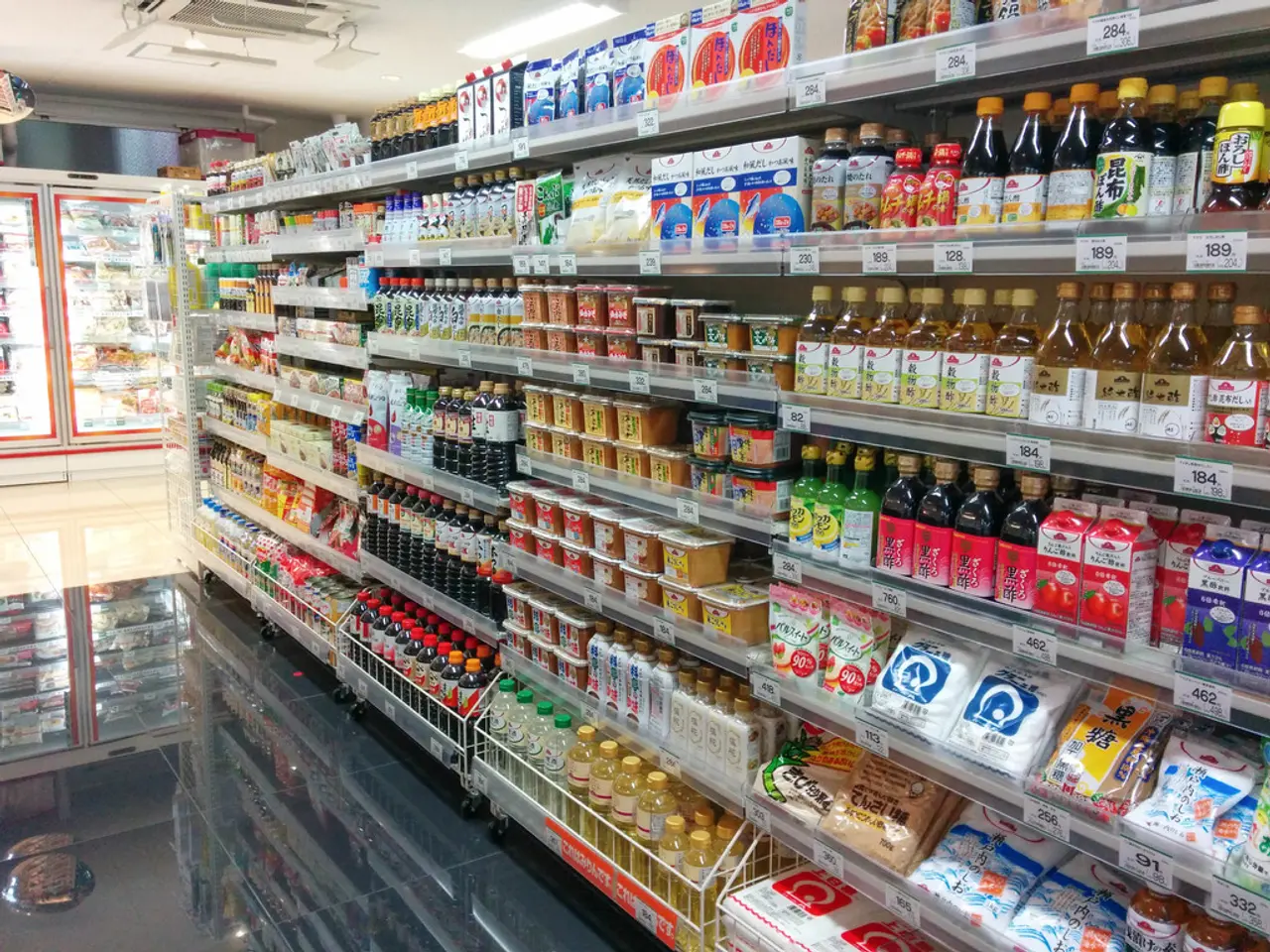Holiday implications for retail sector in 2021
In the midst of the ongoing pandemic, retailers have been adapting to the changing landscape, with some major players like Amazon and Walmart successfully integrating live-commerce formats during events such as Prime Day and Black Friday. These retail giants have been using interactive livestreams for product presentations, marking a significant shift in the retail industry. Traditional retailers like Target have also expanded their fast commerce services to keep up with the times.
Despite the surge in online shopping, economists at Wells Fargo predict that much of the pent-up demand will go towards services and entertainment in 2021, rather than goods. This shift is likely due to the boost received from COVID-19 relief checks, which have been driving retail sales in the early part of the year, according to Facteus.
The holiday season in 2020 saw a significant decline in department store sales, with a drop of 19.1% in November and 22% in December. However, retailers in a cohort tracked by Retail Dive had surprisingly robust sales in November (up 10.3%) and December (up 6.7%). Some sales were pushed into the third quarter due to expected shipping delays.
The pandemic has also led to a change in consumer spending habits, with consumers funneling their savings from canceled travel and vacations into retail. Big box retailers like Target and Walmart, well-prepared due to their existing infrastructure, were able to help customers shop during the pandemic.
Sales of apparel were down 19.9% in November and 13.9% in December, reflecting the hard hit the industry took throughout 2020. Apparel sales saw a decline of 52.5% in March, 89% in April, and 63.7% in May. Despite the downturn, some retailers were able to make more money with less sales during the holiday season.
The retail sector is also exploring opportunities to personalize the shopper experience using consumer data. Retailers of all sizes have implemented additional fulfillment services such as curbside pickup, BOPIS, and home delivery to cater to the changing needs of consumers.
The Biden administration's promises of further distribution of the vaccine will continue to shape consumer behavior in 2021. Urban Outfitters had a rough holiday season due to inventories being too lean and port and fulfillment center delays limiting replenishment.
On the other hand, sales of electronics, usually a seasonal mainstay, saw a decline in November (down 10.2%) and December (down 15.7%) due to earlier purchases. Simeon Siegel, BMO Capital Markets Managing Director, stated that some retailers maintaining tight inventory into next year could drive strong full price sell through.
Looking ahead, the pandemic will continue to shape consumer behavior in 2021, according to Telsey Advisory Group analysts. Retailers are expected to have a much slower year in 2021 than what was seen during 2020, with goods outlays expected to be slower. However, with the continued adaptation and innovation in the retail sector, it remains to be seen how retailers will navigate these challenges.
Read also:
- Farewell uttered to the elderly Berlin rent activist, aged 85, by his companions.
- Human Bacteria Unveil Fresh Understandings Regarding Human Decision Processes
- A life-saving accessory: The latest tool in the battle against date rape drugs
- Police potentially on the horizon for dilapidated, unsanitary structures due to reported deterioration?








